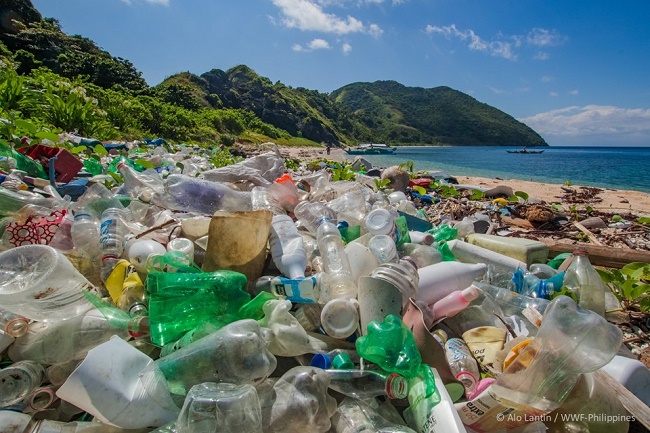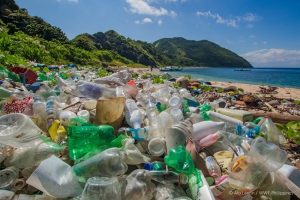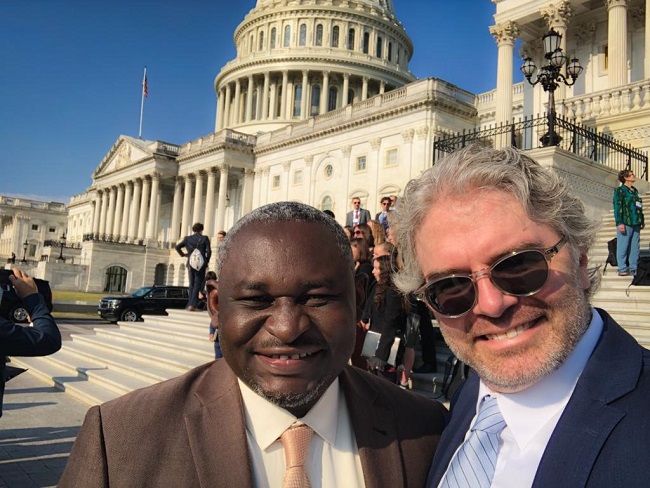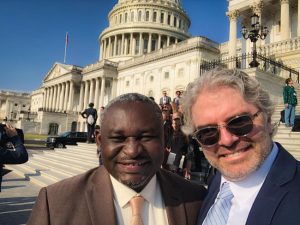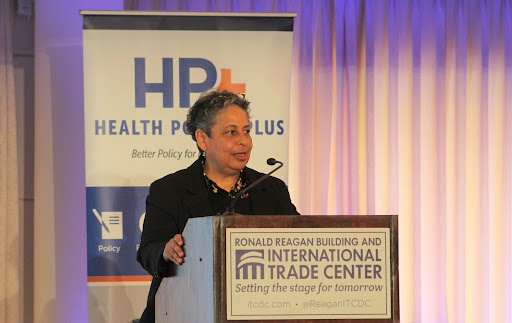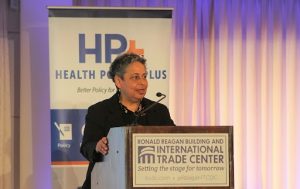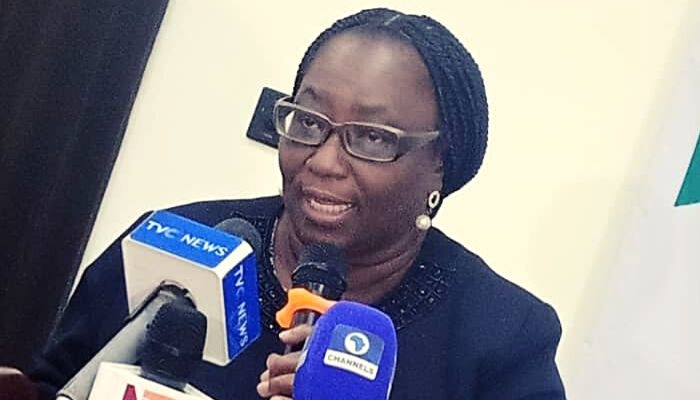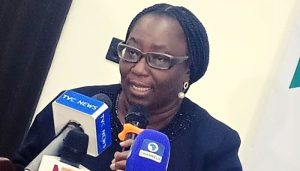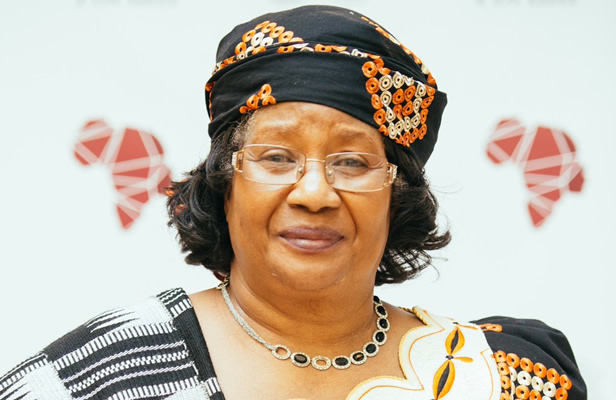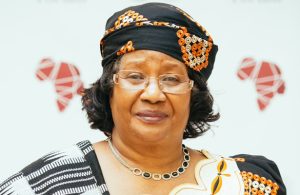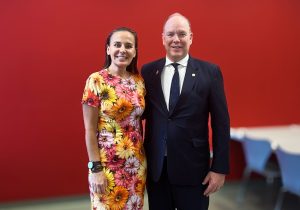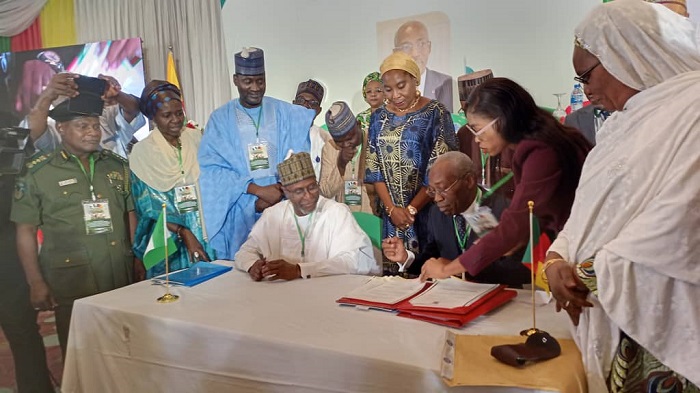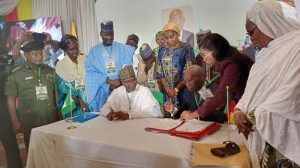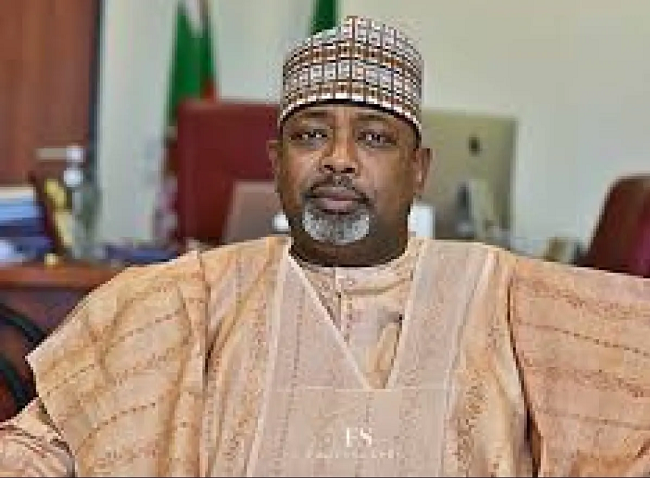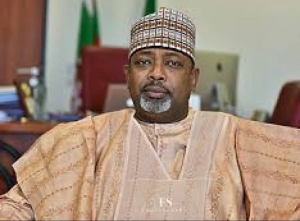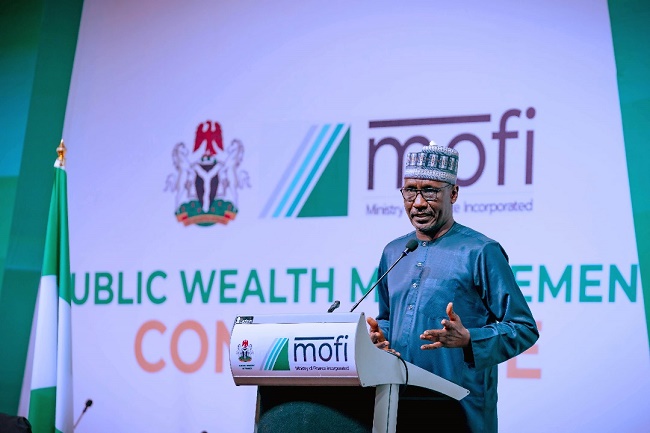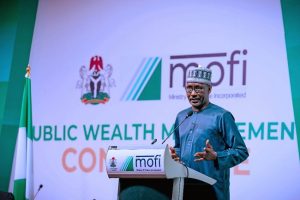International Pallas’s Cat Day, celebrated every April 23, holds significant importance for several reasons, each contributing to the conservation and awareness of this unique and relatively unknown species. By dedicating a day to celebrate this feline, organisations and conservationists can spotlight its unique characteristics, habitat, and the challenges it faces, engaging a global audience in its story

In the high, remote mountain ranges of Central Asia, a ghostly figure roams, its gaze piercing through the thin, crisp air. This isn’t the beginning of a folk tale but a snapshot into the life of the Pallas’s cat, a remarkable creature that captures the essence of the wild, untamed landscapes it calls home. Known for its unique appearance and elusive nature, this feline is more than just another wild animal – it’s a symbol of the rugged, unexplored territories of the world.
The Pallas’s cat (Otocolobus manul) is an animal that seems to belong to the pages of a mystical storybook rather than the rocky steppes and grasslands it inhabits. With its thick, grey fur, flattened face, and wide-set eyes, it looks distinctly different from your average house cat – and there’s a good reason for that. Unlike the slender, agile figures of many of its feline cousins, the Pallas’s cat has a more robust and stocky build, complete with a notably flat face, round pupils – an unusual trait among small cats – and ears that sit low on its head, aiding in its stealthy hunting endeavours.
These solitary creatures lead a covert existence, marking their expansive territories with scent to communicate with others of their kind while predominantly hunting small rodents, birds, and occasionally insects. Their preference for ground-level navigation does not diminish their prowess as hunters, as they are not adept climbers but rather skilled ambush predators.
International Pallas’s Cat Day are remarkable for their wide distribution across the mountainous and high-altitude regions of Central Asia, from the Iranian plateau through Kazakhstan, Mongolia, Russia, to parts of China and the Himalayas, where they thrive in cold and arid environments. These habitats, characterised by their extreme temperatures and sparse vegetation, have shaped the Pallas’s cat into an adept survivor, with adaptations such as dense fur for insulation and a low metabolic rate to conserve energy. Despite their resilience, the species faces challenges from habitat degradation due to human activities, highlighting the need for conservation efforts to protect these unique and highly adapted creatures and their critical, though inhospitable, natural habitats.
The reproductive cycle of the Pallas’s cat is uniquely adapted to its harsh environment, featuring a very brief breeding season that critically impacts its population growth. Females are receptive for only a few days each year, leading to the birth of two to six kittens after a gestation period of about 66 to 75 days. The survival of these kittens, born in secluded dens to protect against predators and the elements, is precarious, with high mortality rates due to predation, disease, and environmental challenges.
This, coupled with the species’ short breeding season, results in slow population increases, underscoring the difficulties in conserving the Pallas’s cat. However, in captivity, where such threats are minimised, these cats can live up to 11 years, offering hope through captive breeding programs that aim to bolster wild populations and provide insights into effective conservation strategies.
While not immediately threatened with global extinction, the Pallas’s cat confronts a precarious future characterised by several pressing challenges. Across its range, numerous populations of this elusive feline are small, isolated, and on a downward trend, making them vulnerable to localised and regional extinctions. These populations grapple with a multitude of threats, including habitat degradation and fragmentation, predation by dogs, diminished prey availability, and the risk of accidental capture. Such challenges underscore the urgent need for focused conservation efforts to safeguard the future of the Pallas’s cat, ensuring its continued survival across the diverse and rugged landscapes it inhabits.
Conservation efforts for the Pallas’s cat are multifaceted, focusing on habitat preservation, research, and public education. Organisations such as the Pallas’s Cat International Conservation Alliance (PICA) and various wildlife trusts are at the forefront of these efforts, conducting field research, community outreach, and advocacy work. International Pallas’s Cat Day plays a significant role in these efforts, bringing global attention to the plight of these cats and the steps needed to ensure their survival.
The Pallas’s cat serves as a reminder of the beauty and fragility of the natural world. As we continue to explore and understand the intricacies of their existence, we are reminded of our responsibility to protect these remarkable creatures and the wild landscapes they inhabit. Let’s take a moment to appreciate the Pallas’s cat, not just on International Pallas’s Cat Day, but every day, as we work towards a future where they roam free and secure in their mountainous realms.
In celebrating the enigmatic Pallas’s cat, we are invited to look closer at the world around us, to discover the hidden wonders that lie in wait. It’s a journey of conservation, understanding, and, most importantly, respect for the delicate balance of our planet’s ecosystems. The Pallas’s cat, with its solitary grace and resilience, offers us a glimpse into the wild heart of Asia – a heart that beats strongly, despite the challenges it faces.
By Assaf Levy, BioDB


